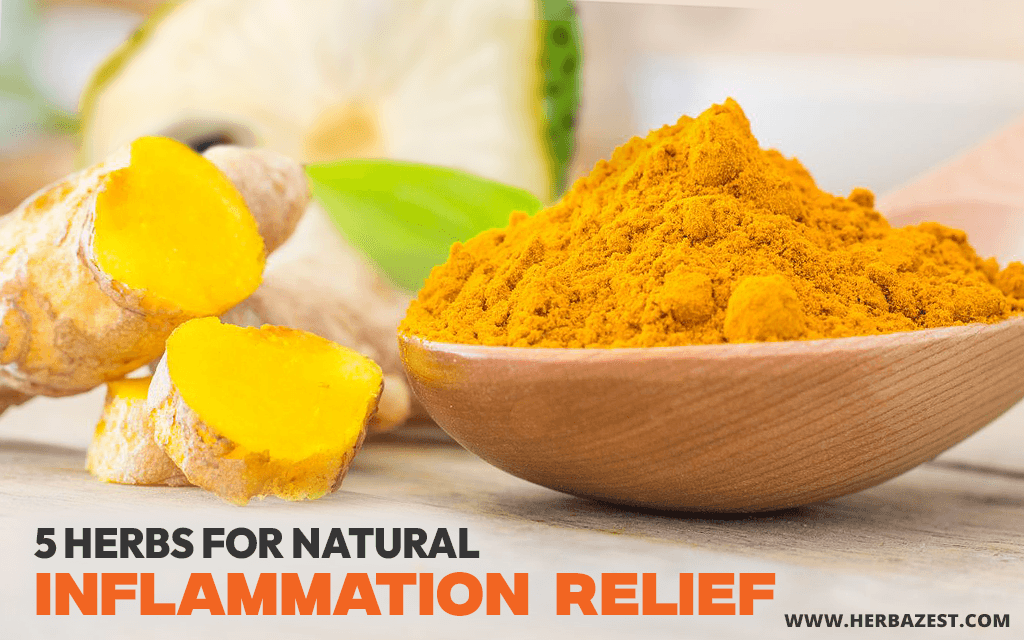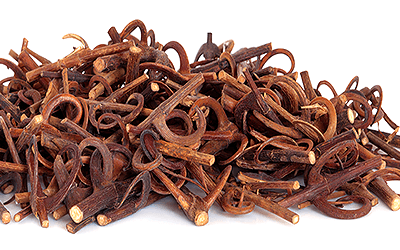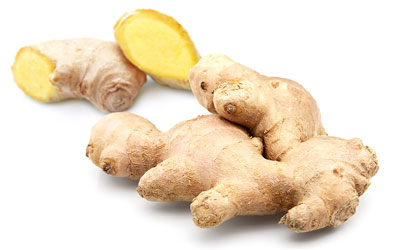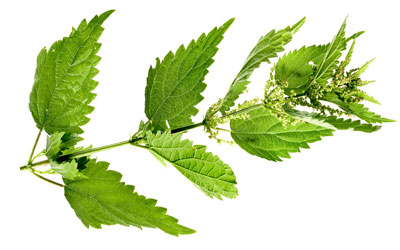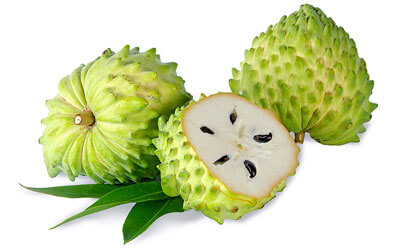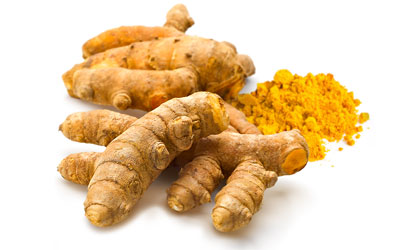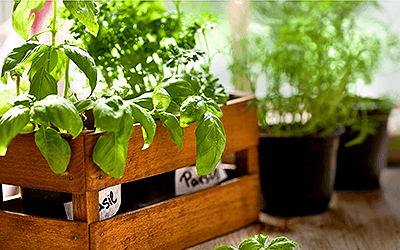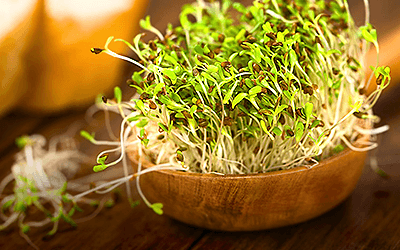An inflammation can be broadly defined as the body's response to something going wrong. It is a "red alert" that activates internal mechanisms of defense to fight and remediate the damage. Over 50% of deaths worldwide are attributed to chronic inflammation linked to heart disease, stroke, cancer, diabetes mellitus, chronic kidney disease, and non-alcoholic fatty liver disease (NAFLD), among other diseases.1
There are two distinguishable types of inflammation:
Acute inflammation. In this case, the symptoms manifest quickly due to tissue damage, foreign pathogens (e.g., microbial infections), or environmental chemicals. Acute inflammations only last for a few days or weeks. Seasonal colds, allergies, and migraines are a good example.
Chronic inflammation. This type of inflammation overrides the immune defense system, and it can take months or years to develop. Chronic inflammations are often caused by parasites, fungi, bacteria, and environmental pollutants, but they can also be rooted in autoimmune disorders, in which the body fails to differentiate between its own cells and foreign cells and begins to attack normal cells, like in rheumatoid arthritis, psoriasis, or multiple sclerosis.
Diet plays a major role in most inflammatory diseases, such as diabetes, ulcerative colitis, irritable bowel syndrome (IBS), obesity, and fatty liver. Excessive consumption of refined baked goods, sweet snacks, and other ultra-processed foods can lead to bacterial overgrowth, a common cause of inflammatory symptoms.
The good news is that most inflammatory processes are easy to treat and prevent. The plant kingdom is an endless source of anti-inflammatory compounds. Take a look at these amazing 5 herbs for natural inflammatory relief!
1. Cat's Claw
This South American vine is one of the most effective herbs for inflammation. Cat's claw contains potent phytocompounds, mainly uncarines and proanthocyanidins, which have been shown to modulate the immune response and are believed to be behind cat's claw's anti-inflammatory properties.2 Studies have shown that cat's claw can alleviate symptoms of osteoarthritis. Its benefits can be obtained by drinking infusions and decoctions or taking capsules. Try this peony and cat's claw decoction for joint pain relief!
2. Ginger
Ginger is popular as both a condiment and natural remedy for many health conditions, such as nausea, allergies, colds, and joint pain. Its benefits are attributed to its phenolic compounds (gingerols, shogaols, and zingerones) which have been shown to improve symptoms of IBS by reducing pain and regulating gut motility.3 Moreover, a recent study has revealed the efficacy of ginger for migraine relief. Ginger shots are a very popular remedy; however, capsules are widely available and convenient as well. Try this homemade fire cider tonic for potent anti-inflammatory effects.
3. Nettle
Nettle, also known as stinging nettle, is great source of flavonoids, a large group of phenolic compounds that help reduce inflammation in the body, including arthritic pain and allergic reactions.4,5 Additionally, it has been suggested that nettle root extract can reduce the severity of BPH symptoms (enlarged prostate). It is easy add nettle to variousherbal remedies, such as this nettle root decoction for reducing inflammation or this nettle and turmeric tincture for joint health.
4. Soursop
This tropical fruit is not only delicious but also a good source of numerous medicinal properties. Soursop leaves can enhance immunity as well as relieve arthritis pain and skin inflammation.6 These activities are mainly attributed to an alkaloid called annonacin, which can also help with diabetes.7 Soursop leaves can be added to daily meals in different ways, like this soursop coconut peach smoothie or a warm soursop infusion. The herb is also widely available in capsules.
5. Turmeric
Turmeric is arguably the most popular herb used in natural remedies for inflammation and pain. There are countless studies about the immunostimulant and anti-inflammatory benefits of curcumin, its active compound. Curcumin can effectively relieve osteoarthritic knee pain as well as skin inflammations, like the ones caused by psoriasis and rosacea.8,9 Turmeric-based herbal remedies, like this turmeric face mask or immunity-boosting turmeric camu camu capsules, are easy to prepare at home.
An increasing number of scientific studies are exploring natural treatments for inflammation, including herbs that have shown great potential for complementary use in the management and prevention of inflammatory conditions. Alongside nutritional counseling and other lifestyle changes, they can help improve overall health and prevent diseases.
Sources
- Annals of Gastroenterology, Favorable results from the use of herbal and plant products in inflammatory bowel disease: evidence from experimental animal studies, 2016
- Cleveland Clinic, Autoimmune Diseases
- International Journal of Environmental Research and Public Health, The Gut Microbiota and Inflammation: An Overview
- Molecules, Natural Products as a Source of Anti-Inflammatory Agents Associated with Inflammatory Bowel Disease, 2013
- National Institute of Environmental Health Sciences, Inflammation
- National Library of Medicine, National Center for Biotechnology Information. What is an inflammation? | Chronic Inflammation
- The University of Queensland, Some common inflammatory diseases. Chronic problems and their causes
Footnotes:
- The Lancet. (2018). Causes of Death Collaborators. Global, regional, and national age-sex-specific mortality for 282 causes of death in 195 countries and territories, 1980-2017: a systematic analysis for the Global Burden of Disease Study 2017. Retrieved September 25, 2023, from: https://www.thelancet.com/journals/lancet/article/PIIS0140-6736(18)32203-7/fulltext
- Phytochemistry. (2005). Antioxidant properties of proanthocyanidins of Uncaria tomentosa bark decoction: a mechanism for anti-inflammatory activity. Retrieved September 26, 2023, from: https://pubmed.ncbi.nlm.nih.gov/15649515/
- BCM Complementary Medicine and Therapies. (2020). Ginger relieves intestinal hypersensitivity of diarrhea predominant irritable bowel syndrome by inhibiting proinflammatory reaction. Retrieved September 27, 2023, from: https://www.ncbi.nlm.nih.gov/pmc/articles/PMC7489045/
- Journal of the Royal Society of Medicine. (2000). Randomized controlled trial of nettle sting for treatment of base-of-thumb pain. Retrieved September 29, 2023, from https://pubmed.ncbi.nlm.nih.gov/10911825/
- Iranian Journal of Pharmaceutical Research. (2017). Efficacy of Supportive Therapy of Allergic Rhinitis by Stinging Nettle (Urtica dioica) root extract: a Randomized, Double-Blind, Placebo- Controlled, Clinical Trial. Retrieved September 29, 2023, from https://www.ncbi.nlm.nih.gov/pmc/articles/PMC5963652/
- Journal of Medicinal Food. (2014). Mechanisms of Analgesic and Anti-Inflammatory Properties of Annona muricata Linn. (Annonaceae) Fruit Extract in Rodents. Retrieved September 29, 2023, from: https://www.ncbi.nlm.nih.gov/pmc/articles/PMC4259190/
- African Journal of Traditional, Complementary and Alternative Medicines. (2006). Anti Hyperglycemic Activities of Annona Muricata (Linn). Retrieved September 29, 2023, from: https://www.ncbi.nlm.nih.gov/pmc/articles/PMC2816521/
- Journal of Cosmetic Dermatology. (2018). Turmeric tonic as a treatment in scalp psoriasis: A randomized placebo-control clinical trial. Retrieved September 29, 2023, from https://pubmed.ncbi.nlm.nih.gov/29607625/
- Journal of Integrative Medicine. (2019). Dietary supplementation with turmeric polyherbal formulation decreases facial redness: a randomized double-blind controlled pilot study. Retrieved Septemb,er 29, 2023 from https://pubmed.ncbi.nlm.nih.gov/30527287/

